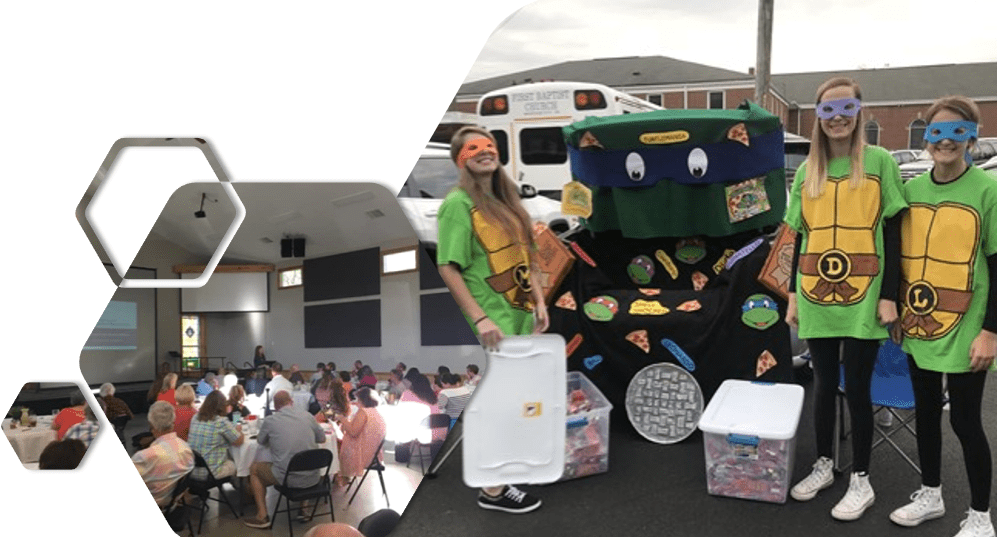
“The A.C.T.I.O.N (Alliance of Citizens Together Improving our Neighborhoods) Coalition is an established community-based, 501(c)3, nonprofit organization that has been working to reduce substance use and misuse in Johnson County, Tennessee for 14 years,” said the coalition’s Executive Director Trish Burchette.
“Being a small rural community brings with it several unique issues,” said Burchette, “but I believe our biggest challenges in reducing substance use are the lack of treatment resources available in our community and the lack of transportation for our community members to seek out additional services. We have no public transportation in Johnson County and only one mental health outpatient treatment facility that assists with substance use treatment. We are extremely isolated from larger metro areas and this poses challenges in getting needed services to come into Johnson County.”
“The Johnson County A.C.T.I.O.N Coalition supports a range of prevention strategies and activities across its rural communities,” said Burchette. “These strategies include school-based prevention programming, after school enrichment opportunities, school-based listening sessions, focus group discussions with youth and community-wide events, such as prevention days, town hall meetings, Naloxone trainings and drug take-back events.”
“We have established two prescription drug drop boxes through our collaboration with the Johnson County Sheriff’s Department and the Ballad Health/Johnson County Community Hospital,” said Burchette. “We are an active member of the STRONG Accountable Care Community, coordinated by Ballad Health regional services with over 250 organizations serving two states, the Johnson County Health Council, and the GoJoCo Community Wellness Team. The Coalition has also established a Moral Reconation Therapy (MRT) training program in the county jail that has now been institutionalized as a line item for prevention on the county budget. Overall, A.C.T.I.O.N has established itself as a highly visible, central resource in the community for prevention education, and as a vital community partner for disseminating resources, providing training and facilitating access to treatment and recovery resources in our region.”
“I would say we are most proud of our community outreach,” said Burchette. “Through our bimonthly Community A.C.T.I.O.N meetings, we have been able to provide trainings to all 12 sectors of our community on ACES, trauma, youth suicide prevention and reducing stigma.”
“As a result of our work, we are beginning to see a shift in our community surrounding decades-old attitudes regarding substance use disorders (SUDs),” said Burchette. “Many members of our community now recognize SUDs as a disease. Our churches are working toward becoming recovery-friendly and offering recovery meetings for our community. As a result, we now have two churches listed on the state website as recovery-friendly churches and two medication drop locations listed as well.”
“One of the things I have had to learn as a new coalition director is that listening to our community is vital,” said Burchette. “What I think they need or want and what they actually do need or want may be completely different. For other coalitions working to address the same issues in their communities, I would say to rely heavily on those in recovery as a valuable resource for creating programs and activities for prevention. Many times, they can tell us what would have helped keep them from beginning substance use as a youth.”


